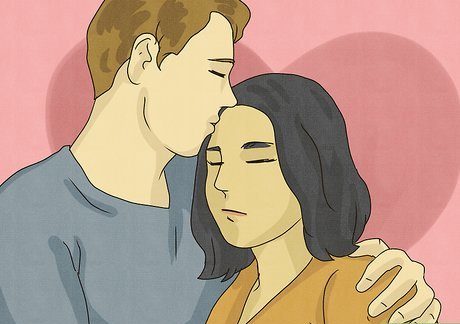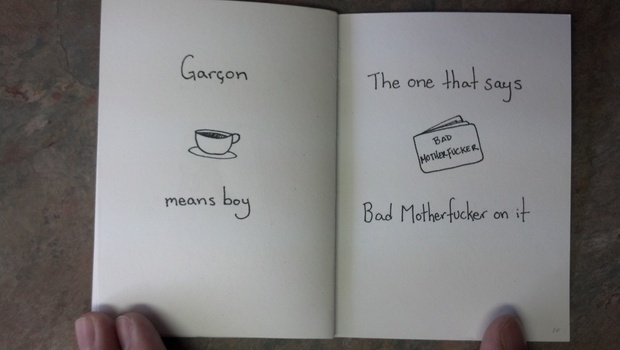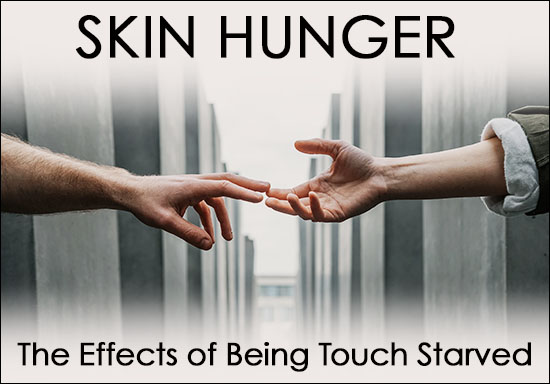
There are few emotional blows more jarring than discovering that the person you love—perhaps the person you trusted most—has been unfaithful. It’s a gut-punch to the heart, a sudden drop from the sky into a pit of confusion, betrayal, and pain. Cheating doesn’t just damage a relationship; it shakes the very foundation of one’s identity, self-worth, and perception of love. This is the reality of the blind side—when infidelity comes from the person you never expected.
In this article, we explore the emotional impact of being cheated on, why it happens, how to begin healing, and what it means for your future.
The Shock of Betrayal
Infidelity, by its nature, is a deception. Whether it’s emotional, physical, or both, the person who cheats chooses to break a sacred agreement of trust. For the betrayed partner, the discovery feels like the ground has been ripped out from beneath them.
“I thought I knew them.”
“How could they do this to me?”
“Was it all a lie?”
These are not just questions—they’re symptoms of emotional whiplash. It feels like someone flipped a switch and turned your world upside down. You question not only your partner’s loyalty but your own judgment, your self-worth, and your ability to ever trust again.
The betrayal is not just in the act—it’s in the hiding, the manipulation, the gaslighting, the pretending. It’s in the fact that the person you loved was living a double life while smiling in your presence.
The Many Faces of Cheating
Cheating doesn’t always look the same. It can be:
- A long-term affair
- A one-night stand
- Emotional intimacy with someone else
- Sexting or online infidelity
- Repeated dishonesty about boundaries
Regardless of form, the pain it causes is very real and often long-lasting.
And often, the most painful aspect is not the physical act, but the emotional betrayal—the knowledge that your partner gave a part of themselves to someone else that was supposed to be yours alone.
Why It Hurts So Much
Infidelity strikes at the heart of our most basic human needs: connection, safety, love, and belonging.
When someone we love cheats, it can make us feel:
- Unworthy
- Inadequate
- Powerless
- Humiliated
- Abandoned
It can even lead to symptoms of trauma: sleeplessness, anxiety, flashbacks, obsessive thoughts, and depression. In fact, many psychologists recognize infidelity as a form of relational trauma.
It’s not “just cheating.” It’s the betrayal of emotional safety—and rebuilding that takes time.
The Internal Struggle: Blame, Guilt, and Self-Doubt
One of the cruel twists of being cheated on is that the victim often ends up blaming themselves.
- “Maybe I wasn’t enough.”
- “Was I too emotional? Too distant?”
- “Maybe if I had been more attractive or exciting…”
These thoughts are common—but dangerous. While relationships are complex and both partners influence their dynamics, cheating is a choice. It is not a reflection of your worth. It is not your fault that someone you trusted chose deceit over honesty.
If they were unhappy, they could have communicated. If they were struggling, they could have asked for help. If the relationship wasn’t working, they could have walked away. Cheating was not the only option—they made it one.
What To Do When You Discover the Truth
If you’ve just found out that your partner cheated, here are a few steps to ground yourself:
1. Allow Yourself to Feel Everything
Anger, sadness, confusion, disbelief—let it all out. Bottling up emotions only prolongs the pain. Cry. Scream. Write. Talk. Do whatever helps you release the initial shock.
2. Don’t Rush Decisions
In the storm of betrayal, it’s tempting to make quick decisions—leaving immediately, begging for them back, or seeking revenge. But your emotions are in chaos. Give yourself space and time to make decisions with clarity, not hurt.
3. Set Boundaries
You have the right to protect your emotional space. That may mean no contact for a while. It may mean asking your partner to move out, or blocking them from certain forms of communication. Whatever protects your peace—do it unapologetically.
4. Seek Support
You do not have to go through this alone. Reach out to friends, family, a therapist, or a support group. Sometimes just having someone listen without judgment can be incredibly healing.
Should You Stay or Leave?
This is perhaps the most difficult question. And the answer is deeply personal.
Some stay—and rebuild trust through therapy, open communication, and effort from both sides. It’s hard work, but for some, it leads to a stronger, more honest relationship.
Others leave—recognizing that trust once broken cannot be repaired, or that the emotional damage is too deep to continue. Leaving does not mean you are weak—it means you are choosing yourself.
No one else can make this decision for you. You have to ask yourself:
- Do I believe they are truly remorseful?
- Can I ever trust them again?
- Do I feel emotionally safe in this relationship?
- Am I staying out of love or fear?
There is no shame in either path. What matters is that you make the choice from a place of strength, not desperation.
The Path to Healing
Healing after betrayal isn’t about “getting over it”—it’s about reclaiming yourself.
1. Rebuild Your Self-Worth
Being cheated on can destroy your confidence. Remind yourself: I am enough. I was always enough. Their choice to cheat says more about them than me.
Surround yourself with people who love you. Engage in activities that bring you joy. Set new goals. Reconnect with who you are outside the relationship.
2. Address the Emotional Wounds
Don’t rush healing. Let yourself grieve what was lost—not just the person, but the version of the relationship you believed in. Therapy can be a powerful tool to process these layers of pain and confusion.
3. Forgive (If and When You’re Ready)
Forgiveness doesn’t mean condoning what they did. It means letting go of the hold their actions have on your heart. It is a gift you give yourself—not them.
Sometimes, the person you need to forgive most is yourself—for missing the signs, for staying too long, for loving too deeply. You did the best you could with the love you had. That’s nothing to be ashamed of.
What Love Can Still Mean After Betrayal
Yes, your heart was broken. Yes, someone you trusted hurt you. But that does not mean love itself is broken.
You can still love again. You can still be loved again—faithfully, fully, honestly.
Let this pain shape you, but not harden you. Let it teach you how to guard your heart with wisdom—not walls. Let it remind you that your love is a gift, and the next person must be worthy of it.
Final Words: You Deserve Real Love
Being cheated on is a deep wound. It hurts in ways that are hard to describe. But it is not the end of your story. It may, in fact, be the moment you start writing a new chapter—one where you come first. One where truth matters. One where love is not just a word, but a living promise.
In time, you will rise. Not the same as before—but stronger. Wiser. More whole.
You were blindsided. But now, your eyes are open. And ahead of you is a future built on something far more beautiful: honesty, healing, and self-respect.









